Head of ETH Zurich ‘very concerned’ with EU stalemate
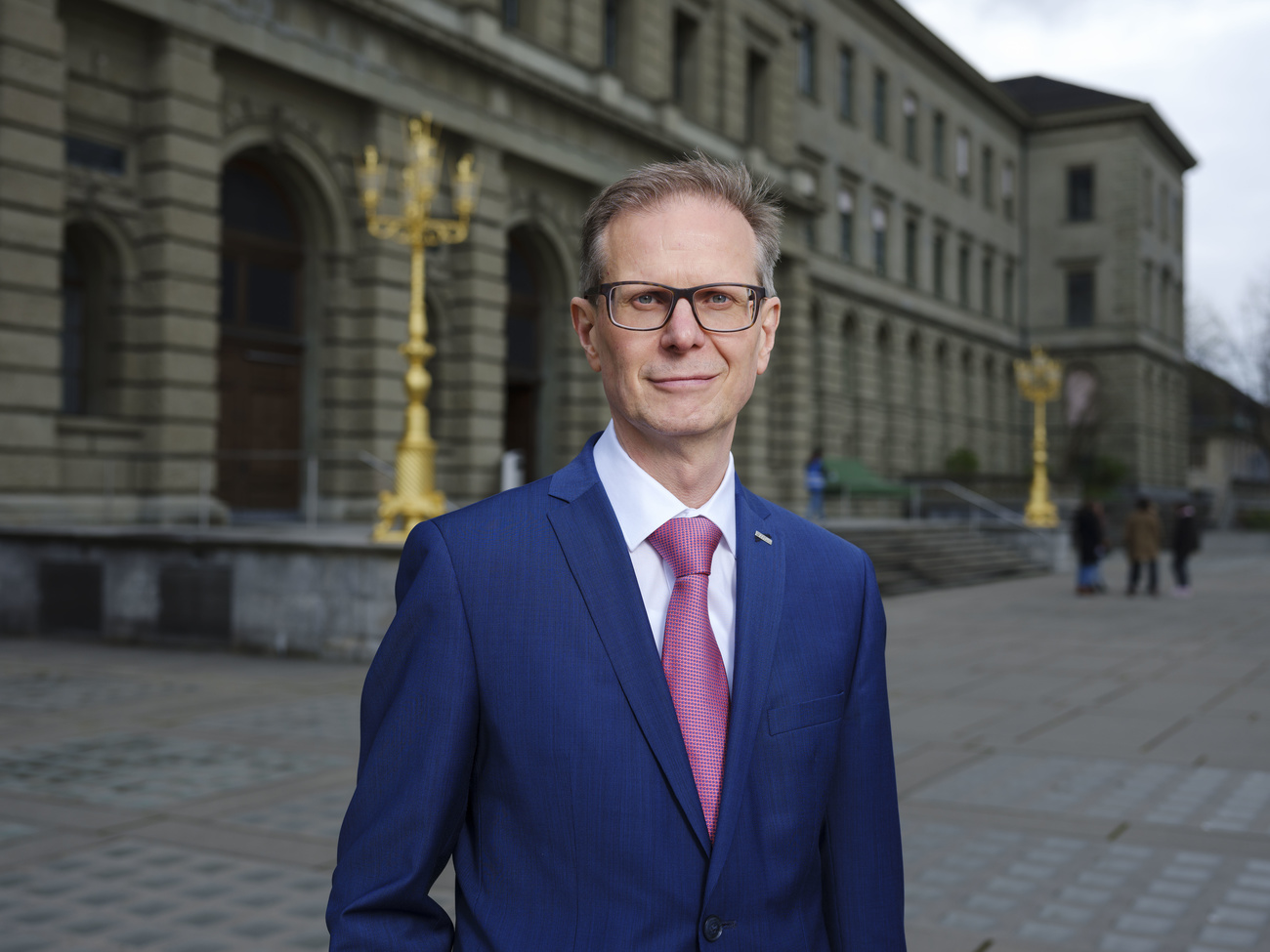
Italian particle physicist Günther Dissertori is one year into the job of rector of Switzerland’s federal technology institute ETH Zurich. In an interview he explains the university’s success but also warns of challenges and potential politics problems.
Originally from Algund in Italy’s South Tyrol, Dissertori, 53, took over as rector from Sarah Springman on February 1, 2022. In December he met Italian President Sergio Mattarella, who called in at the university – home to more than 400 Italian staff – during a two-day official visit to Switzerland.
SWI swissinfo.ch: What did you dream of becoming when you were a child?
Günther Dissertori: Honestly, as a child I wanted to be an astronaut, like many other children, I guess. I was always interested in natural sciences and technology. So at a certain point I decided to study physics – and I haven’t looked back, not for a moment.
SWI: How did your academic path led you to ETH Zurich?
G.D.: I studied physics in Innsbruck [in Austria]. This choice was dictated by my wish to study in my mother tongue, German. There I was lucky to meet a professor with an active research group at CERN in Geneva. This is, in a way, how my relationship with Switzerland began.
During my PhD at the University of Innsbruck I got a special scholarship and was able to work full time at CERN. So I’ve been in Switzerland since early 1994 and have never really left since. In 2001 – somewhat surprisingly as I was still very young [32] – I won a competition for a professorship at ETH Zurich, and then became its rector in February 2022.
SWI: ETH Zurich is a Swiss centre of global scientific excellence. But does it make sense to differentiate by nationality, or does the scientific world know no borders?
G.D.: I’d say the latter. Research at the highest level thrives on international, and not just national, competition. ETH Zurich has always been a very international university, with many students – and a large number of researchers and lecturers – coming from abroad. There is, however, one Swiss aspect I’d like to stress, and which enables the university to compete at the highest international level: this is the Swiss government’s longstanding commitment to investing heavily in education and research. This essential financial contribution by Switzerland is key to maintaining our excellent international standing.
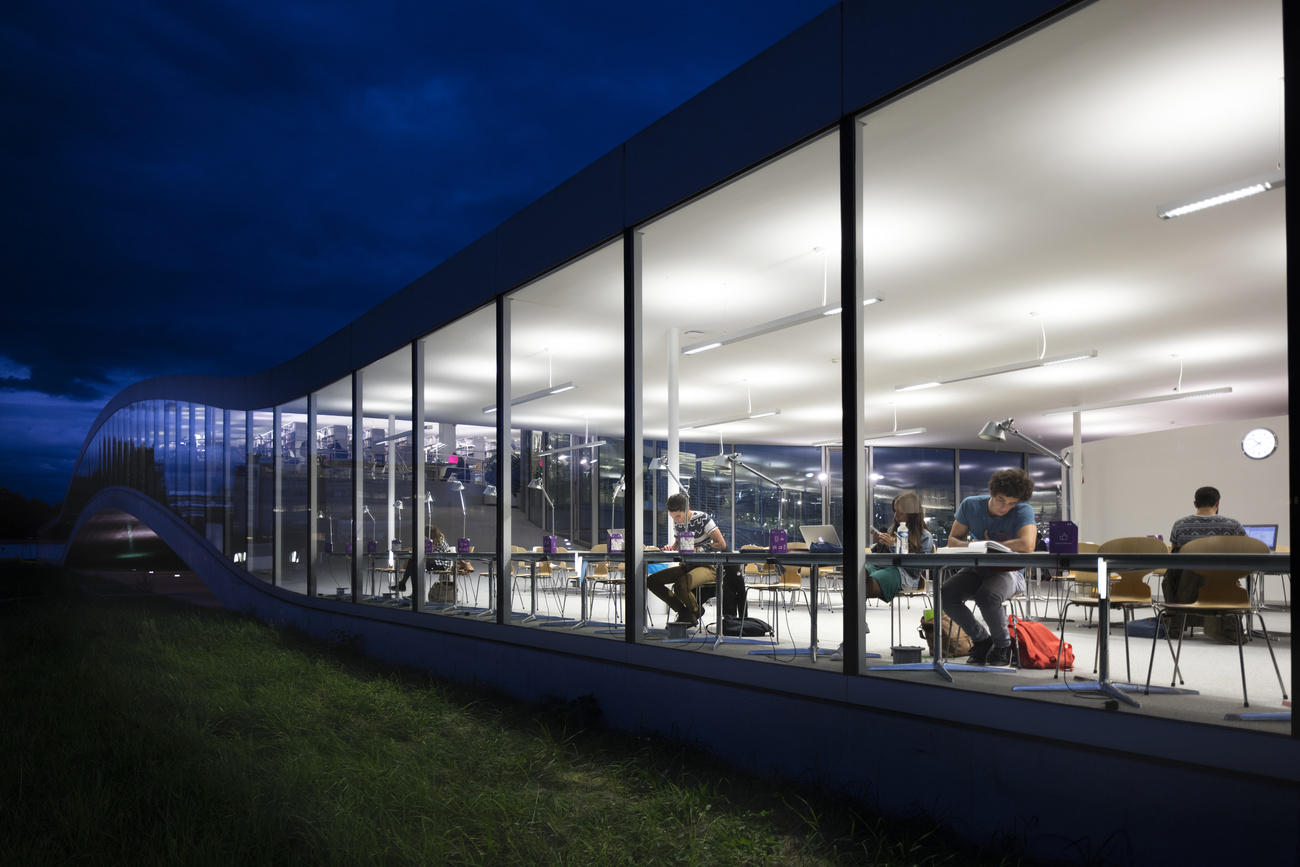
More
How important are university rankings?
SWI: Speaking of excellence, ETH Zurich features every year among the top ten universities in the world. Do such rankings matter?
G.D.: The classic answer to this question is “yes and no”. They do matter, as they help attract the best students at masters or doctoral level, because today the best students in the world look at these rankings before choosing where to study. We can therefore say that our institution is more attractive thanks to our position among the top ten universities globally.
Then there is the scientific world. All of us, in the scientific world in general, are used to working in a very competitive environment. In this sense, these rankings also help fuel the race to the top. But when it comes to education, teaching and research the answer is “no, the ranking is not important”. Here, we simply want to be good, because we want those who study and research with us to receive training in our institution in the best possible conditions and at the highest level. And in doing all this, we’re not constantly thinking about our ranking. If anything, this is a side effect of our constant commitment to excellence in our work.
SWI: Switzerland was effectively locked out of the Horizon Europe scientific programme after the government walked away from talks with the EU on future relations in May 2021. What are the consequences of this?
G.D.: I can’t deny that it’s a serious problem. We’re very concerned about the situation and have stressed this repeatedly to the powers that be. The university’s international appeal may be sorely jeopardised as a result. As I said above, a central feature of our institution is our ability to attract the best people from all over the world. And ultimately it’s the people who make the difference. But if we’re not part of the EU framework programme for research and innovation, some people might well decide not to come to us in Switzerland but to go elsewhere, for instance to accept an offer from Germany. This could have long-term negative repercussions not just on our research but also on our teaching, for as we well know, the best-trained scientists are often also the best teachers. We’re therefore keeping a close eye on developments and continue to hope that this issue can be resolved positively.
SWI: If you had to name one challenge facing the university in the near future, what would it be?
G.D.: There is one particular challenge I’ve been dealing with since becoming rector. The university has seen significant growth in the student body over the past ten to 15 years – a trend which is set to continue in the coming years.
On the one hand this is a good thing, because the country needs trained specialists. However, we also know that the increase in financial resources cannot keep pace with the rise in student numbers. An unbridgeable gap is forming, which we shall have to tackle if we want to be able to guarantee the quality of our teaching in this very complex context in the future.
Translated from Italian by Julia Bassam/ts

In compliance with the JTI standards
More: SWI swissinfo.ch certified by the Journalism Trust Initiative
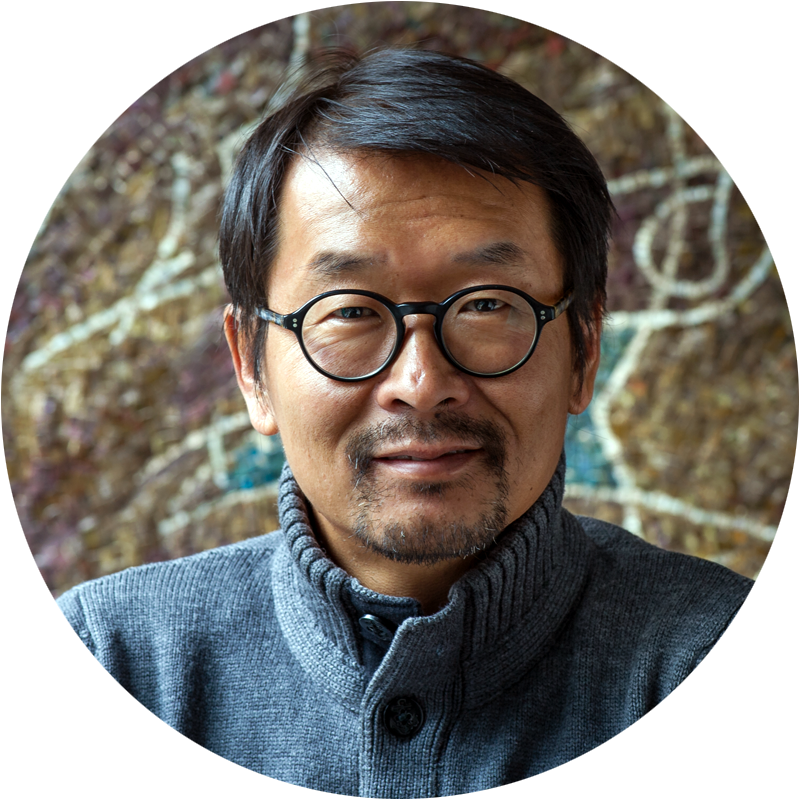








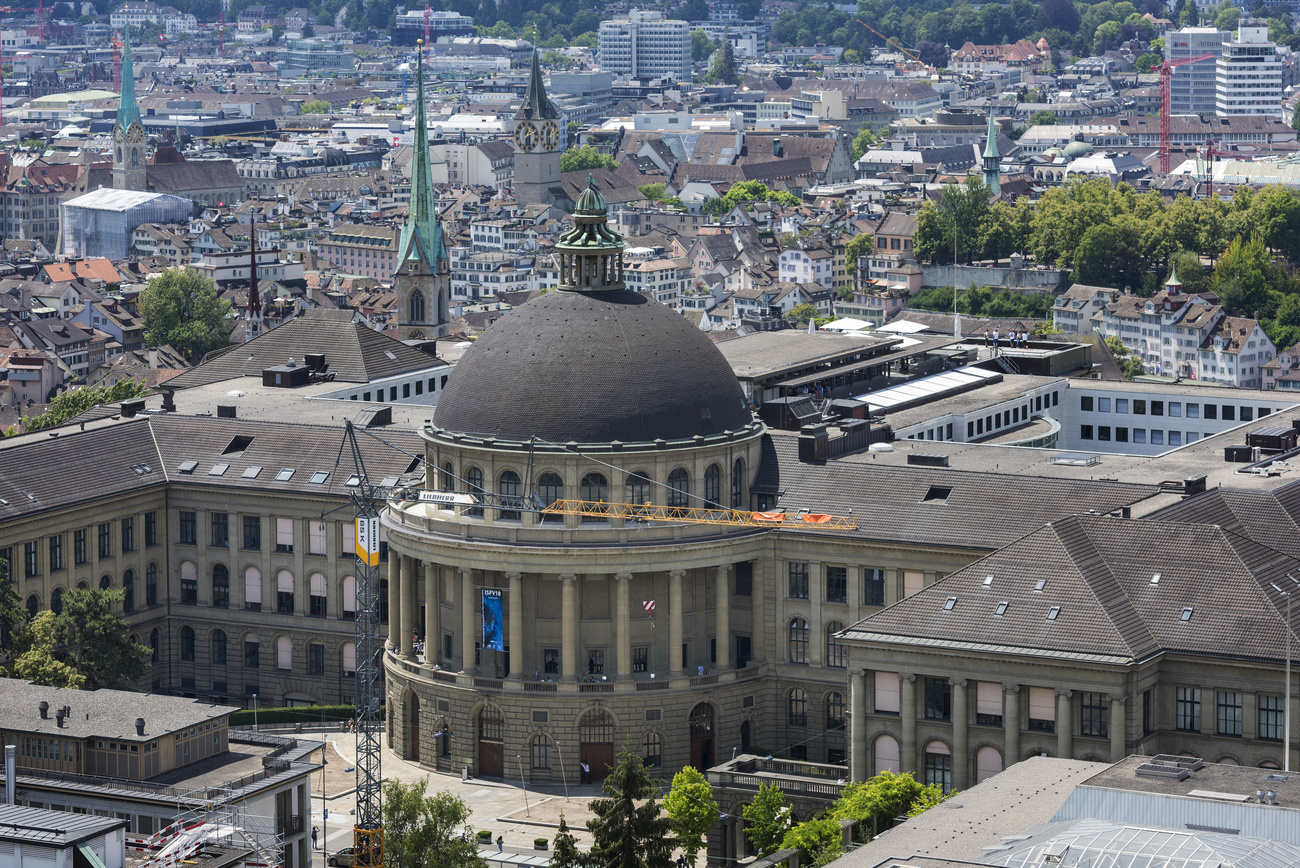

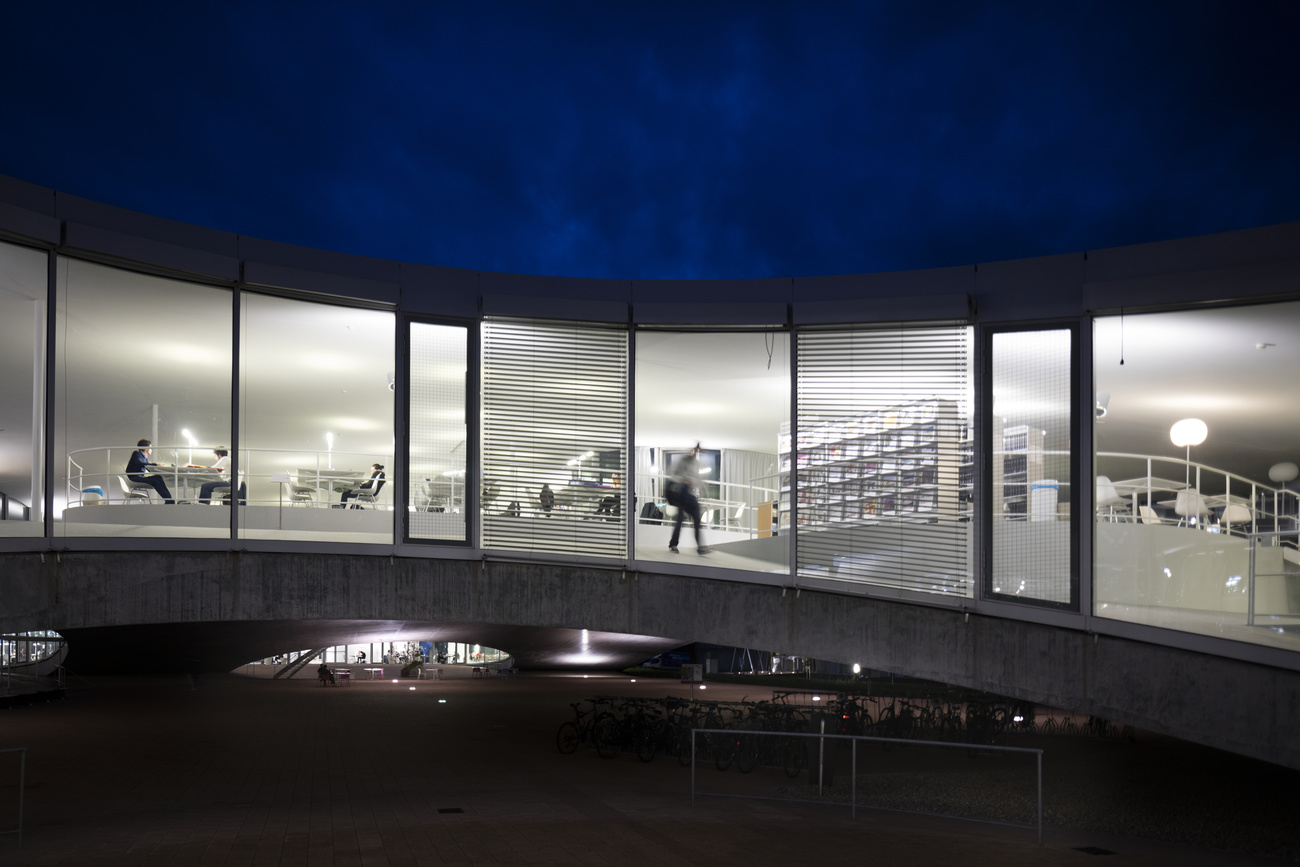
You can find an overview of ongoing debates with our journalists here . Please join us!
If you want to start a conversation about a topic raised in this article or want to report factual errors, email us at english@swissinfo.ch.